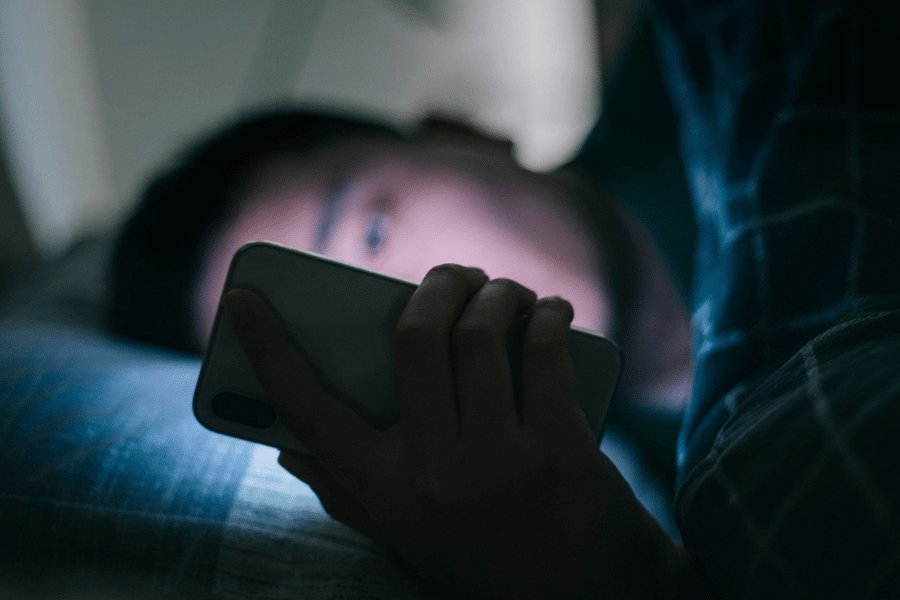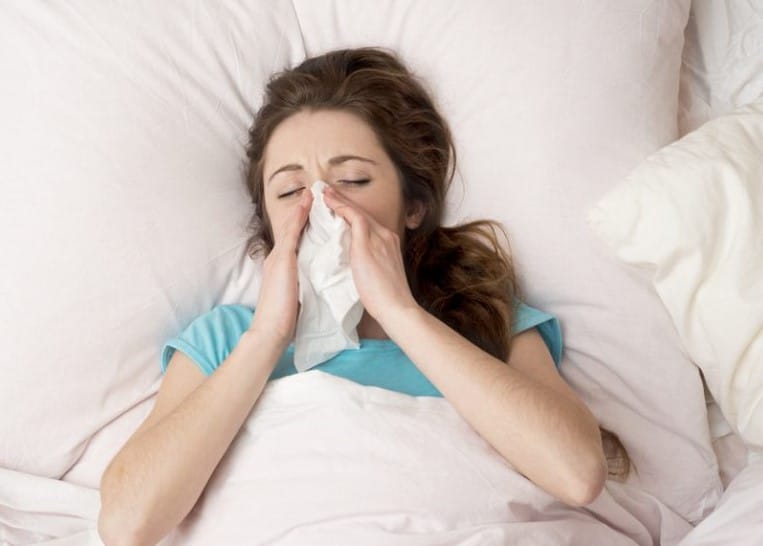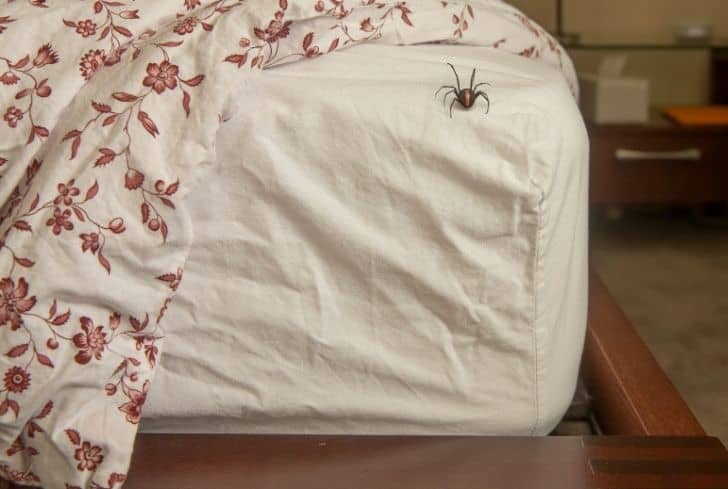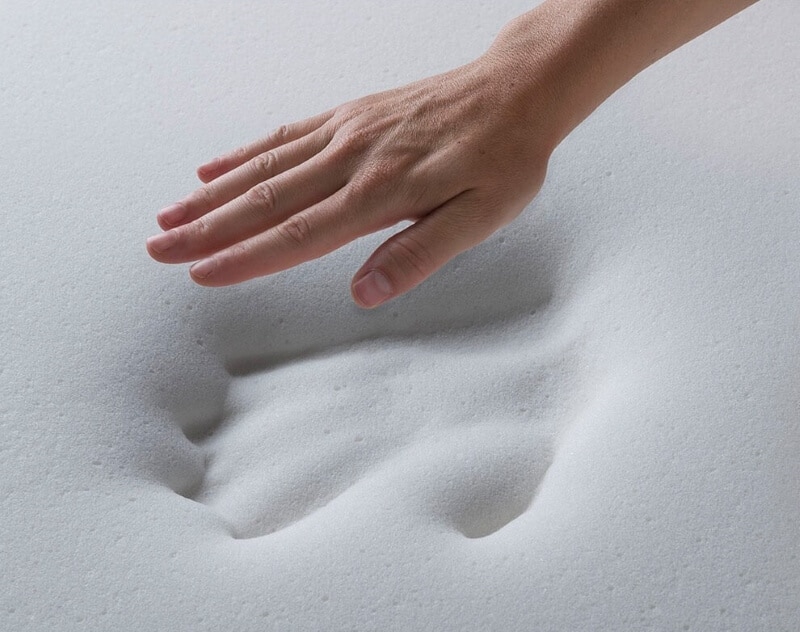

Though many people love to sleep, there are still a few people that avoid or can’t sleep for different reasons. Some of these reasons might include meeting up with a work deadline, making a midnight phone call with a partner abroad, overthinking, insomnia, or studying for an exam. Although there are cases where some of these reasons are valid, the fact remains that every human being needs to introduce quality sleep in his or her daily calendar.
So, how long can you go without sleep? You can decline sleep for a few hours, but you can’t continue without rest for long. How long you can go without sleeping depends significantly on your age, health, and daily work engagement. Staying too long without sleep can have severe consequences for your physical and mental health. This article examines how long you can go without sleep and the specifics of what happens if you don’t sleep for a certain period.
As unhealthy as skipping a night of sleep is, it is a very common habit in today’s world. One in three United States adults has missed a day of sleep, according to the Center for Disease Control and Prevention Trusted Source 1 in 3 adults don’t get enough sleep | CDC Online Newsroom | CDC CDC public health news, press releases, government public health news, medical and disease news, story ideas, photos. www.cdc.gov (CDC). It adds that these groups of people are also not getting the recommended amount of sleep.
Missing a few 8 or 9 hours of sleep to study for an exam or to meet a work deadline means you would welcome the next day with overall dullness and tiredness. This might seem like nothing to worry about; after all, a little makeup or a face wash can resolve this.
However, frequent sleep deprivation can do much more than give you eye bags. It can increase a person’s level of stroke, heart disease, or cancer. Other effects of constant sleep deprivation include weight gain and dehydration. A 2019 study Trusted Source Sleep and Mental Health - Harvard Health Publishing - Harvard Health Mental health clinicians traditionally viewed sleep disorders as a symptom of a psychiatric disorder, but research suggests that in some patients sleep issues may be a cause of the disorder. www.health.harvard.edu from Harvard also mentioned a few mental effects of not sleeping that include depression.
But what happens to your body when you deprive yourself of a quality shut-eye? Your body secretes some hormones during sleep that help to control glucose processing, appetite, and metabolism. Therefore, when you skip sleeping, it reduces your body’s ability to maintain metabolism, appetite, and glucose processing (which could lead to diabetes). However, this is a broad approach to the question. Below is what happens to the body when you deprive yourself of sleep specific lengths of time.
According to a study that was published in a health journal, a person who hasn’t slept for a whole day (24 hours) can be compared to a person that has about 0.10% of alcohol in his/her blood. Although this might not seem like a lot for some people, it does not leave the person a hundred percent (100%) sane.
During this state of mind, the person is believed to have impaired coordination, judgment, and memory. Just as a person stained with a percentage of alcohol, there would be a deterioration in decision-making. Other side effects at this stage include drowsiness, lower attention span, back pain, and impaired hearing and seeing. Also, there is a higher chance that the person might not survive in an accident in this state of mind.
The good news is that the symptoms are not extreme, and a comfortable and quality sleep should get the body back in shape.
At this stage, the body hasn’t had a proper sleep for a day and a half. This is where it begins to get very dangerous for your health. Normally, as explained above, your body needs to be hibernated properly so that it can perform some bodily functions. Some of which include the regulation and control of mood, temperature, appetite, stress level, and metabolism. That means the body has been deprived of a chance to regulate these functions in the body.
Some of the effects of losing sleep this long are speech impairments, hormonal imbalance, unregulated mood, fatigue, inflexible reasoning, decreased motivation, and attention. It can be compared to an increased level of alcohol in the bloodstream; therefore, activities like driving are out of the question.
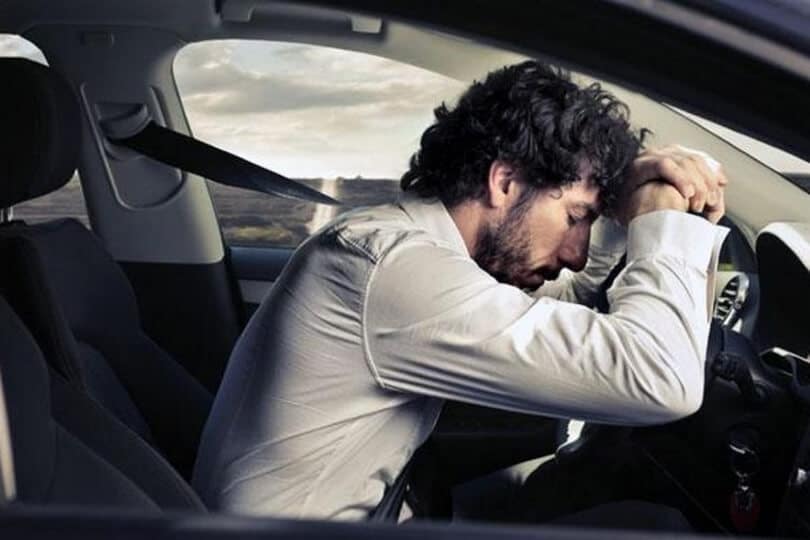
The body’s immune system also drops drastically at this stage, which means that the body at a higher risk of falling sick. Other effects of sleep deprivation at this stage include extreme fatigue, higher stress level, and worse cognitive performance.
This is where it gets extreme. The body has lost quality sleep for three whole days. At this stage, the person is highly associated with a huge decrease in mental effectiveness. It is highly unlikely that the person can keep a simple conversation going.
Hallucinations and extreme emotional imbalance is another common experience during this state. Other effects include depressed mood, over-the-bar fatigue, anxiety, and difficulty in multitasking, paranoia, severe lack of concentration, and memory issues.
When you miss sleep for four days and more, the person would no longer be able to tell the difference between an illusion and reality. One could even suffer a nervous breakdown. The most common symptom at this stage is that the body no longer sees sleep as an option but a necessity, and the urge becomes unbearable.
The only treatment that can help recover from the effect of lack of sleep is to get quality sleep. The more time you missed, the longer time you need to sleep to get your body back on track. Increasing the sleeping hours, sleeping earlier in the day, sleeping on comfortable beds and pillows, and avoiding caffeine or alcohol can all contribute to improving the quality of sleep. Also, it is advisable to pay attention to the sleep environment. Surrounding yourself with enough support while you sleep can hasten the recovery time.
Some people might require sleep aids or sleeping pills to achieve quality sleep. It is better to consult the doctor for a prescription before use. Other ways to recover from the effects include therapy, daily exercising, improving your bed to suit your needs, reducing screen time, and clearing your schedules to rest.
You might need to see a doctor if any of these symptoms persists:

There are several reasons why you might have to skip some hours or even a day of sleep. It could be for work, school, or something related. How long you can go without sleep depends on every individual. But your body begins to feel the impact of sleep deprivation immediately after the first day. Missing an hour of the recommended number of daily sleep hours affects the body. Although the body can handle the effect of mild sleep deprivation, there is still a need to ensure that quality sleep becomes a norm. To do this, we advise you to follow all the steps on how to recover from the effect of losing sleep. We also advise you to contact a doctor when symptoms persist or if extreme cases are recorded.
